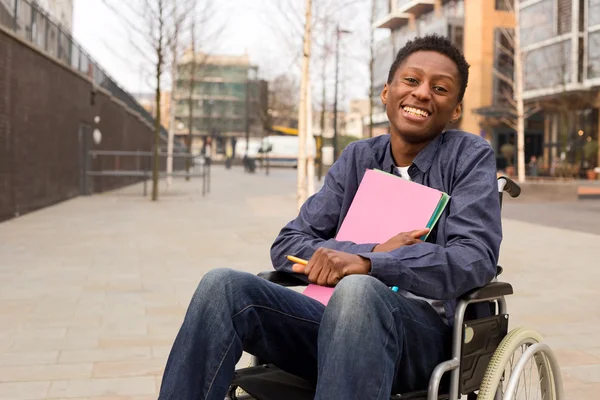The Rise of Disability in Africa
According to the World Report on Disability, 15% of the world’s population is considered disabled. The world’s most oppressed minority and the poorest of the poor are those who are disabled. According to the UN, over 80 million people in Africa are disabled. The number of people with physical and mental disabilities is anticipated to rise over time. Many things, including birth defects, environmental danger, congenital disabilities, accidents, war, and other conflicts, are responsible for disability.
Africans who are disabled struggle to support themselves and their families because their inability to work limits their earning potential. The majority of the time, the disabled turn to beg on the streets and in front of churches. The proportion of disabled children who attend school is as low as 1 to 3 percent in the continent’s most underdeveloped regions. Because there are no special facilities to accommodate them, they cannot receive an education.
Additionally, there are cultural attitudes related to having a disability, such as fear and shame. Disability is frequently viewed negatively by others, which limits every opportunity they are given. All over the world, opportunities for young people with disabilities are unfairly unequal, but in some regions of Africa, the situation can be unbearably difficult. Despite laws calling for inclusion and equality, millions of disabled Africans remain invisible. They are unable to access the necessities of life.
Some people are currently making efforts to get better. However, there aren’t many Africans with disabilities who can attend school. As a result, less fortunate people frequently find themselves on the streets begging for food and cash to meet their basic needs. Additionally, there is a lack of knowledge and persistent myths that people with disabilities are a curse from their ancestors. A United Nations study on culture, beliefs, and disability found that various factors can help create and maintain unfavorable perceptions of people with disabilities.
They include a lack of understanding and awareness and misconceptions or social constructions regarding the causes of disabilities. The study also demonstrated that prejudices are frequently more overt in the case of psychosocial impairments and that these prejudices vary depending on the type of impairment. In contrast to someone who later developed their impairment through an accident, a person born with a physical impairment may experience greater bias.
The African Child Policy Forum also reported that common beliefs about the causes of childhood disability include: sin or promiscuity of the mother, an ancestral curse, or demonic possession based on its field studies in Cameroon, Ethiopia, Senegal, Uganda, and Zambia. Hiring people with disabilities is frequently resisted by many prospective employers. Many government buildings have high floors that are out of reach for people with physical disabilities, especially those who use wheelchairs and crutches.
Also, many disabled people in Africa experience mobility issues and lack access to or cannot afford assistive devices like wheelchairs, prosthetic limbs, and hearing aids. The availability of wheelchairs and crutches is limited for many people who have physical limitations. Instead, they use shoddy items that don’t provide good mobility or comfort. To promote their inclusion in all facets of social life, Voluntary Service Overseas and other advocates for people with disabilities have been looking for solutions.

